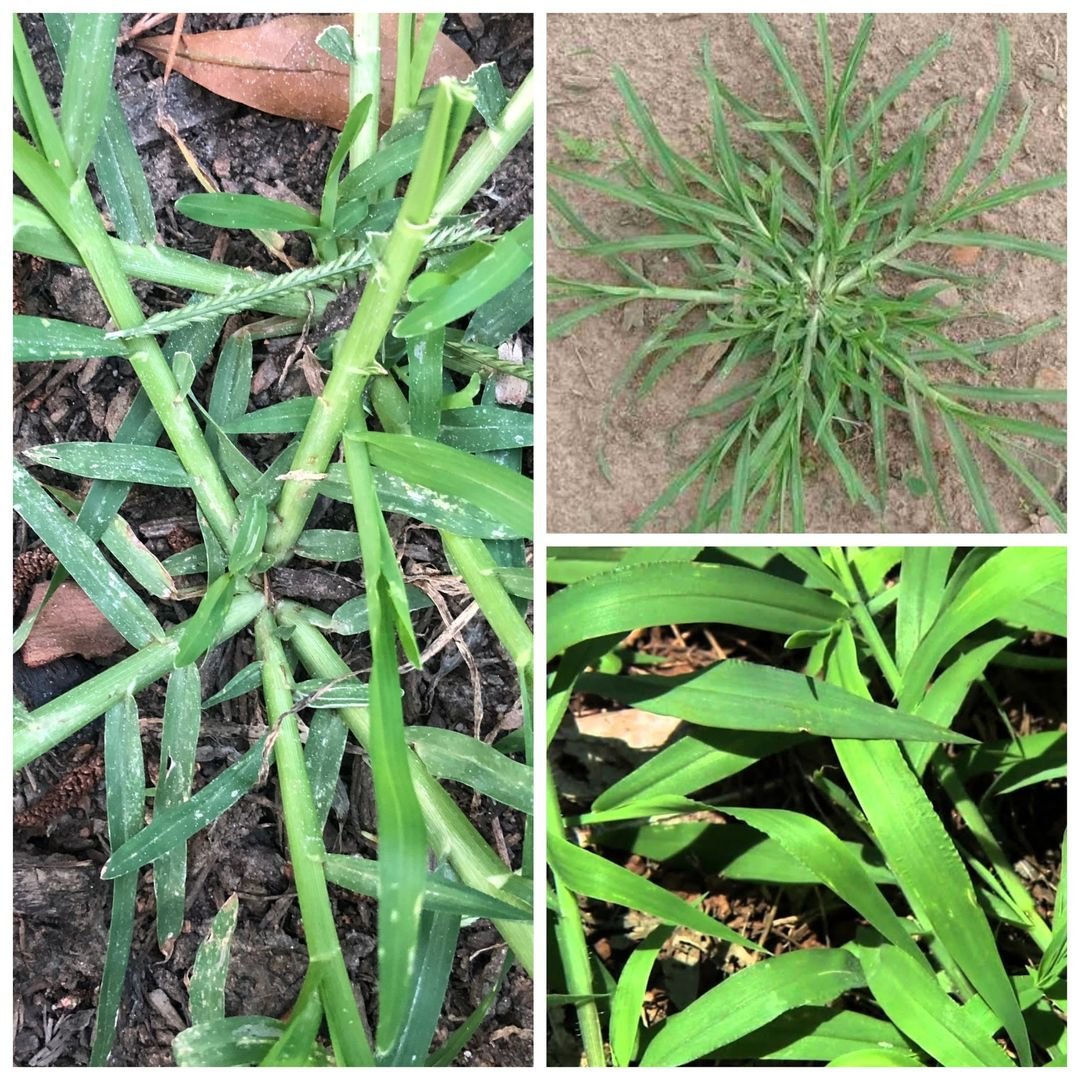Goose grass, scientifically known as Eleusine indica, is indeed a plant with various potential health benefits. While it’s important to approach natural remedies with caution and consult with a healthcare professional for serious medical conditions, incorporating goose grass into your wellness routine might offer some advantages. Here’s a brief overview of the health benefits and how to make goose grass tea:
Health Benefits of Goose Grass:
- Antioxidant Properties: Goose grass contains antioxidants that can help combat free radicals, potentially reducing the risk of chronic diseases, including cancer.
- Anti-Inflammatory: It is known for its anti-inflammatory properties, which can be beneficial for conditions involving inflammation, such as ovarian cysts and fibroids.
- Kidney Health: Goose grass may aid in kidney health by promoting increased water intake and salt excretion through urine.
- Blood Sugar Control: Regular consumption of goose grass tea may assist individuals with diabetes in managing their blood sugar levels.
- Wound Healing: Goose grass can be applied to wounds to stop bleeding, serving as a first-aid treatment.
- Parasite Control: It may help eliminate parasites from the body.
- Respiratory Health: Goose grass root tea is believed to be helpful in treating colds and flu, providing relief from respiratory symptoms.
- Blood Pressure: Boiled goose grass leaves can be used to treat high blood pressure.
- Fever Reduction: Consuming cooked goose grass roots may help lower fever symptoms.
- Ligament Strains: Crushed goose grass leaves can be applied to the affected area to alleviate ligament strains.
How to Make Goose Grass Tea: To prepare goose grass tea, follow these simple steps:
Ingredients:
- A handful of goose grass
- Half a liter of water
Instructions:
- Boil the handful of goose grass in half a liter of water for approximately three minutes.
- Allow the mixture to cool down.
- Drink one glass of the tea daily or as needed until your symptoms improve.
It’s essential to remember that while natural remedies like goose grass can offer potential health benefits, they should complement, not replace, professional medical advice and treatment. Consult with a healthcare provider before incorporating new herbs or treatments into your healthcare routine, especially if you have underlying health conditions or concerns.

